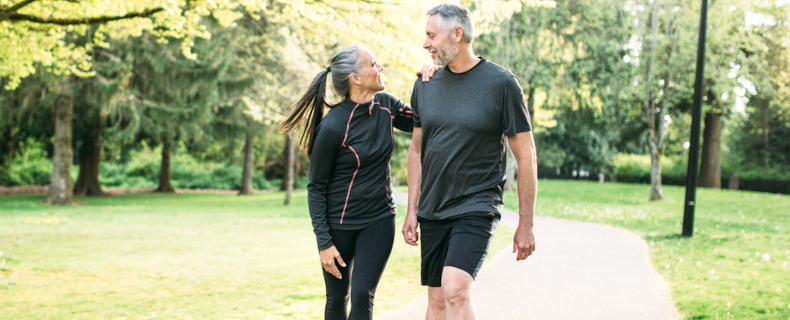Okemos, Lansing, East Lansing MI
Researchers have conducted many studies on the connection between physical activity and sleep. Some studies prove that regular exercise promotes restful sleep, while others support that lack of sleep leads to low activity the next day. It can seem like a constant cycle because people often don’t have enough energy to workout when tired, although lack of exercise may worsen your sleep quality. So today, on the blog, we’re answering this question, how does your activity level affect your sleep?
Exercising has many health benefits, from reducing the risk of injuries or falling to lessening your chance of developing heart disease and cancer. Avid exercises also report feeling more energized, mood improvements, and clearer thinking, among other benefits. Most remarkably, though, moderate to vigorous exercise helps you fall asleep faster and reduces the amount of awake time while in bed. In other words, exercise enough at the right intensity, and you’ll fall asleep quicker and stay asleep longer.
Moderate to vigorous exercise can also help individuals with sleep apnea because maintaining a healthy weight reduces fat around the neck, which can be to blame for snoring or sleep apnea. This is astounding because nearly 60% of sleep apnea cases are attributed to obesity. But how much does exercise help promote sleep?
One study of American adults between the ages of 55 and 84 reports that almost a quarter of the adults that exercised only one day a week or less slept fewer than six hours a night, experienced chronic daytime fatigue, struggled to fall asleep and stay asleep, and were more likely to develop a sleep disorder like obstructive sleep apnea or insomnia. However, the group that exercised three or more days a week slept better and for more hours each night.
Results support that exercise positively impacts sleep quality and the amount of sleep you receive each night.
What’s the best time to exercise?
This is a common question that many people have. If you’re an early morning person, that’s phenomenal because you can get your workout in before you even start your day. But what if you dread hearing the alarm clock or prefer to exercise at a later time? That’s fine too. Avoid vigorous exercise too close to bedtime so that you don’t stimulate your body so much that it struggles to fall asleep. Some researchers recommend not exercising at least three hours before bed.
What if I still feel tired?
Daily exercising may sometimes not be enough to help you sleep better. You may have a sleep-breathing disorder like obstructive sleep apnea if this is you. The most common symptoms are snoring, gasping for air while sleeping, and chronic fatigue. The good news is that you can undergo a simple airway screening by an Okemos dentist to determine your sleep apnea risk. If so, ask about oral appliance therapy to help you stop snoring and sleep better. To learn more or schedule your consultation, contact Tenaglia Smiles by calling (517) 347-6733 or visit our website for more information.

